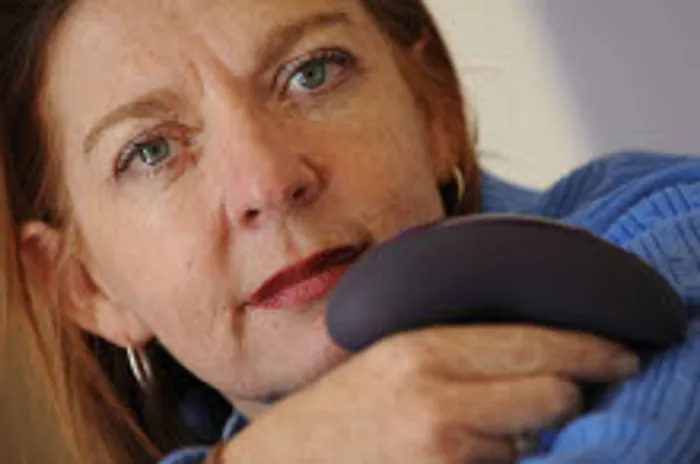Is co-dependency based on the fear of intimacy

Sharon Gordon is the brains behind the Lola Montez Brand leads the adult entertainment Industry and has revolutionised the way business is done.
Image: File picture
I’ve recently noticed that I might be a people pleaser. I’ll deny it if you quote me because mostly, I can hide it under a veneer of I don’t care!
Co-dependency is a pattern of behaviour where a person’s sense of worth and identity becomes tied to the approval, needs, or emotions of others.
It often develops in childhood when love and safety feel conditional, leading people to prioritise caretaking, control, or people-pleasing at the expense of their own emotional well-being. At its core, co-dependency is a survival strategy, a way of managing fear, shame and the longing to be loved.
At the very core of co-dependency lies a deep and often unspoken fear. The fear of intimacy.
This isn’t just about being close to someone physically; it’s about being truly seen. To be intimate means to open up, to allow another person to “in-to-me-see.” For many of us, that’s a terrifying prospect.
The fear of intimacy is rooted in our earliest experiences of love and connection or rather, the lack of them. As children, we may have felt abandoned, rejected, or betrayed by the very people who were supposed to make us feel safe.
Our parents, often struggling with their own emotional wounds and codependent behaviours, could not model what healthy self-love or emotional honesty looked like. They too, had been taught that worth must be earned, not simply felt.
As children, we couldn’t separate our own sense of worth from the way our parents treated us. If they were distant, angry, or unavailable, we assumed we were to blame. Some of us still do!
We absorbed the message that love is conditional, that we must perform, please, or perfect ourselves to deserve it. This is the birth of co-dependency.
By the time we reach adulthood, that early emotional programming runs deep. We carry an internalised sense of shame, the belief that we are somehow defective, unlovable, or not enough. Our egos, trying to protect us from further pain, build defences to keep rejection at bay.
We become caretakers, people-pleasers, rescuers, doing whatever it takes to avoid being hurt again. Ironically, these same defences also keep love and intimacy out.
So, we repeat the pattern. We fall for emotionally unavailable partners. We choose relationships that mirror our childhood wounds. We chase connection but run from vulnerability. We long for love yet fear the very closeness that love requires.
Is it any wonder that intimacy feels dangerous?
Healing begins when we recognise that these patterns are not moral failings. They are survival strategies. Our fear of intimacy is not a character flaw; it is the echo of early emotional trauma. The good news is that what was learned can be unlearned.
With self-awareness, compassion and courage, we can begin to rewrite the story.
True intimacy requires honesty first with ourselves. It asks us to take off the mask, to face the parts of us we were taught to hide and to remember that vulnerability is not weakness but strength.
When we learn to see and accept ourselves, “in-to-me-see” becomes a gift we can finally offer and receive without fear.
Related Topics: